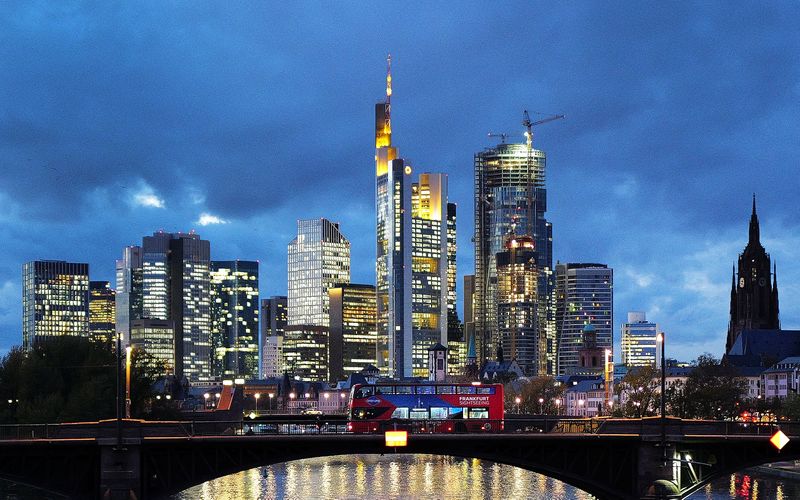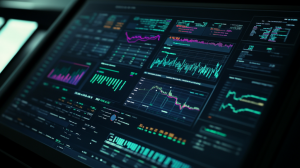
By Naomi Rovnick
LONDON (Reuters) – The year ahead is shaping up badly for Europe with its financial markets already hit hard by U.S. tariff fears and political turmoil in France and Germany, yet some investors are calling peak pessimism and hunting for bargains amid the gloom.
European stocks are set to underperform the U.S. by the most in at least 25 years, MSCI data showed, while the euro has slumped more than 5% against the dollar and some forecasters expect sustained bad news to drag it below $1.
But as the region’s markets get cheaper, investors are increasingly interested in hunting for bargains, arguing that assets are fully priced for more disappointment and could rally strongly if the geopolitical and economic backdrop brightens.
“We believe Europe could be a positive surprise for underexposed investors,” said Edmond de Rothschild co-head of equities Caroline Gauthier. “We are close to reaching a peak in negativity and that is good news.”
A broad MSCI index of continental European stocks has gained 4.6% this year, while a comparable U.S. index surged 29% as artificial intelligence fever powered stunning gains for the tech titans that dominate Wall Street equity markets.
“Valuation levels in Europe are (now) far more attractive,” said Sonja Laud, CIO of Britain’s biggest asset manager Legal & General Investment Management,
The manager of $1.5 trillion of investments was not yet broadly raising exposure to Europe, she added, but warming to stock market sectors like car makers and luxury goods that would benefit if China’s slowdown eased and U.S. tariffs were less punitive than feared.
Euro zone productivity is weak, the European Central Bank downgraded its growth forecasts on Thursday alongside its fourth rate cut of the year, and cautious households are hanging onto their savings.
Yet, in one sign traders see market pricing as extreme, German stocks have started to soar. Germany’s DAX index (^GDAXI) is up 5% so far in December and set for its best month since March.
Europe’s biggest asset manager Amundi forecasts strong gains for the euro next year while other major European investors are warming to beaten-down French stocks.
Germany is expected to hold snap elections in February after Olaf Scholz’s fractious coalition collapsed and while top leadership contender Friedrich Merz backs stimulus spending, that would also require unusually strong cross-party unity.
“We’re trying to make the most of the pessimism we see in Europe,” said Kevin Thozet, investment committee member at European asset manager Carmignac, adding he was building positions in European multi-nationals that have similar businesses to U.S. peers but trade on lower valuations.

